Euphorbia trigona ('African Milk Tree')
- In stock, ready to ship
- Inventory on the way
ADD A BEAUTIFUL FITTED POT (OPTIONAL)
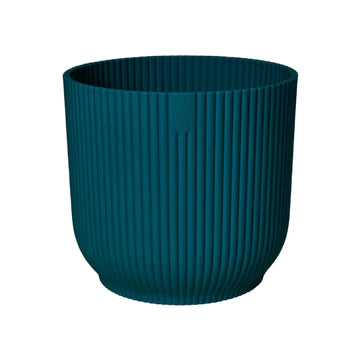

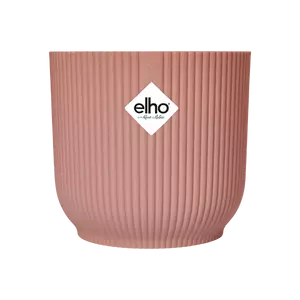
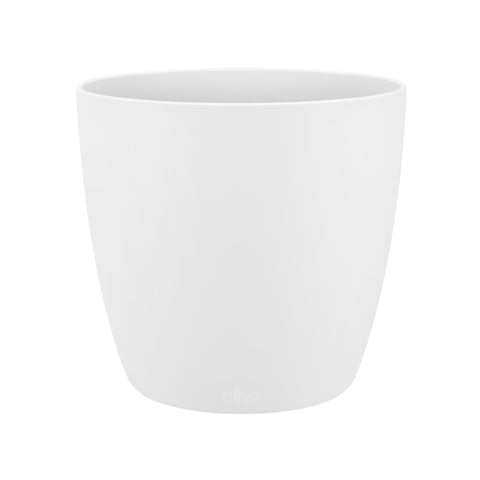
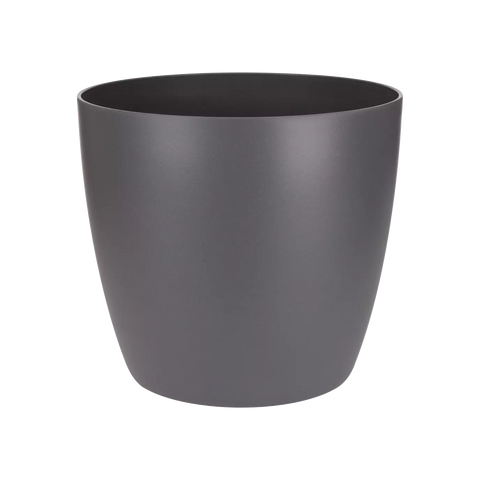
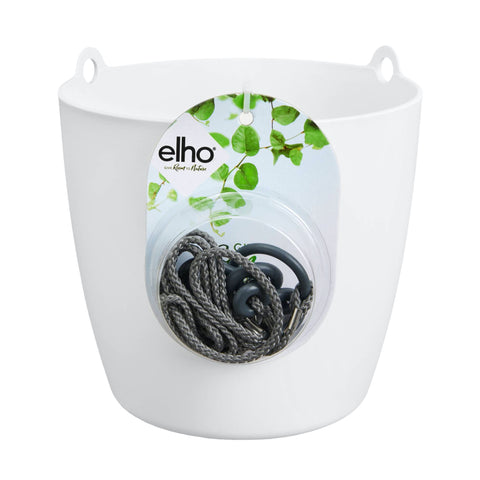

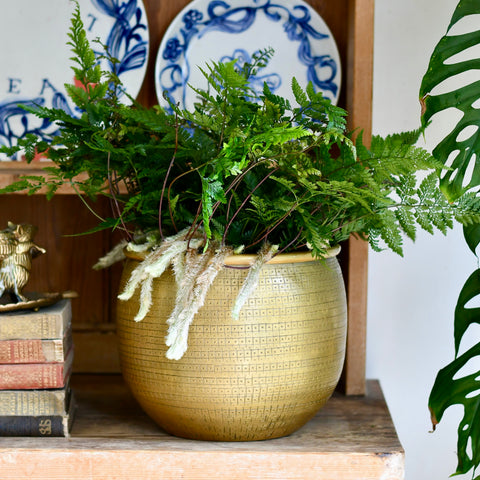
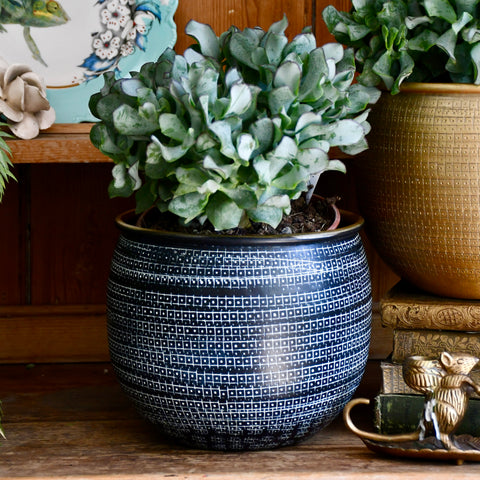
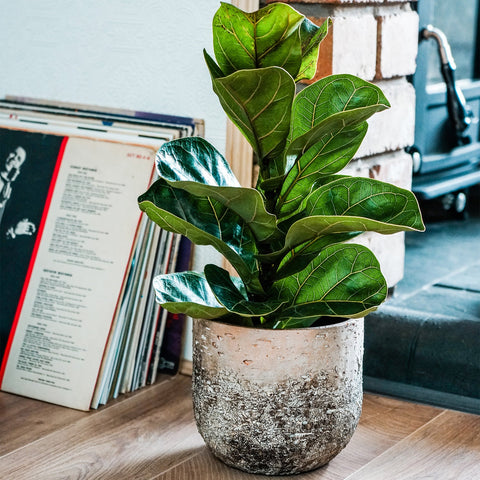
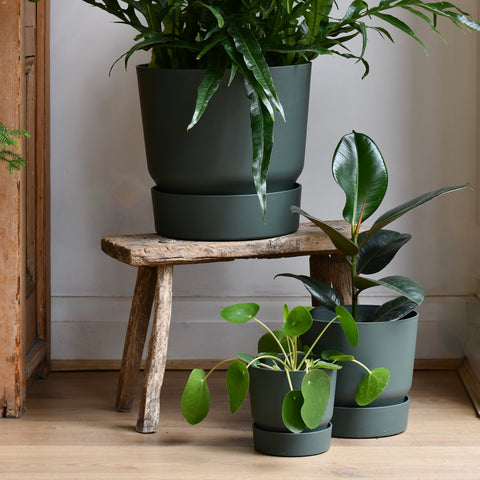
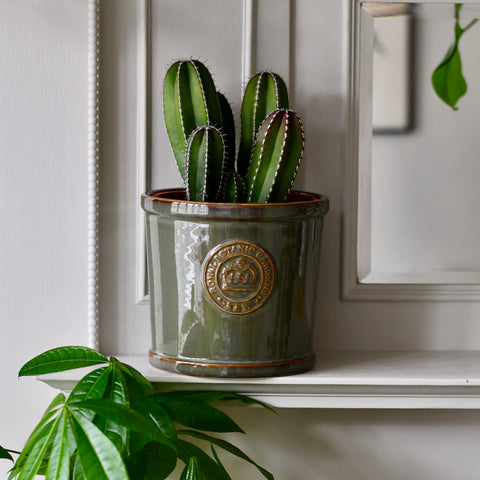
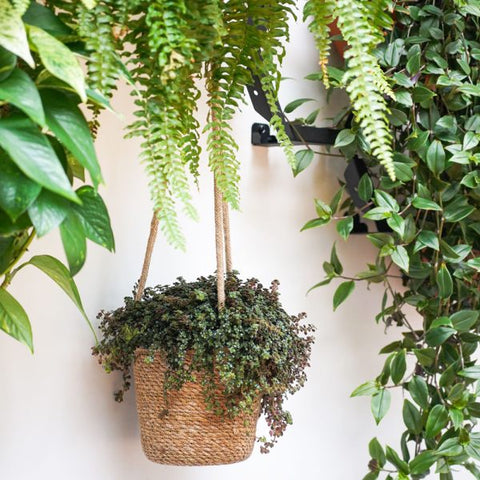
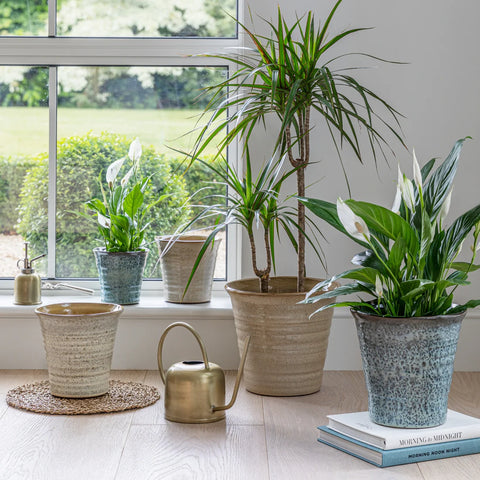
Introducing the Euphorbia trigona, an enchanting African Milk Tree that brings a touch of exotic beauty to any indoor botanical collection. This remarkable succulent, native to arid regions of Africa, is prized for its distinctive upright growth habit and striking architectural form.
The Euphorbia trigona, commonly known as the African Milk Tree, features tall, columnar stems with multiple branches that give it a cactus-like appearance. Its stems are adorned with thorns and deep green, triangular leaves that grow in clusters along the edges. When exposed to direct sunlight, the tips of the stems can develop a reddish hue, adding a captivating touch of colour to the overall presentation.
Caring for the Euphorbia trigona is relatively easy, making it a popular choice for succulent enthusiasts. Here are some essential care tips to ensure its well-being:
Light Requirements: Place the African Milk Tree in a location that receives bright, indirect light. It thrives in full sun to partial shade conditions. However, it's important to acclimate the plant gradually to direct sunlight to avoid sunburn.
Temperature and Humidity: The Euphorbia trigona prefers warm temperatures between 18°C and 24°C (65°F and 75°F). It can tolerate lower temperatures for short periods but should be protected from frost. This succulent is adapted to arid environments and does well in average indoor humidity levels.
Watering: Allow the soil to dry out between waterings, as overwatering can lead to root rot. Water the plant thoroughly, ensuring proper drainage, and allow excess water to escape the pot. During winter, when the plant is in its dormant phase, water sparingly.
Soil and Potting: Use a well-draining cactus or succulent potting mix. This type of soil allows for adequate airflow around the roots and prevents waterlogging. Repotting is typically necessary every two to three years, or when the plant outgrows its current container.
Fertilizing: Feed the African Milk Tree with a balanced, water-soluble fertilizer specifically formulated for cacti and succulents. Our organic Original Vegan Cactus & Succulent Food is made from Seaweed, harvested sustainably. Seaweed provides a delicate blend of growth hormones and micronutrients that is perfect for all indoor plants.
Why fertilise Cactus? Cactus need feeding and watering; they will often survive without the nutrients in the soil for several months but eventually will wither and die without feeding. Feeding your Cactus and succulents during the summer months will ensure they remain healthy and have all the nutrients they need to grow well. Buy here
Styling-wise, the Euphorbia trigona is a versatile plant that complements various interior aesthetics, from contemporary to desert-themed designs. Its striking form and unique texture make it a captivating centrepiece on a tabletop or shelf. Additionally, it can be incorporated into succulent arrangements or displayed alongside other arid-loving plants.
Common Questions about Euphorbia trigona (African Milk Tree):
Where should I place the African Milk Tree? The African Milk Tree thrives in bright, indirect light. Place it near a sunny window or in a well-lit room. Gradually introduce it to direct sunlight to avoid sunburn.
How often should I water the African Milk Tree? Water the plant when the soil has completely dried out. Allow the soil to dry between waterings and avoid overwatering, as this succulent is adapted to arid conditions. Adjust the watering frequency based on environmental conditions and the plant's moisture needs.
Does the African Milk Tree require high humidity? The African Milk Tree can tolerate average indoor humidity levels. It does not require high humidity, as it is adapted to arid environments.
Can I fertilize the African Milk Tree? Yes, fertilize the plant with a balanced, water-soluble fertilizer formulated for cacti and succulents during the active growing season (spring and summer). Follow the manufacturer's instructions for proper application.
Is the African Milk Tree toxic to pets? Yes, the Euphorbia trigona can be toxic to pets if ingested. Keep it out of reach of cats, dogs, and other animals.
Size: Pot Size: 16cm (diameter) Plant Height: 45cm (from the bottom of the nursery pot to the top of the plant)
Our plants are carefully selected and supplied in plastic nursery pots, ensuring their safety during transportation and allowing you to choose a decorative pot of your preference. Experience the allure and uniqueness of the Euphorbia trigona, the African Milk Tree, and add a touch of natural elegance to your indoor space.
Shipping: We ship via DPD’s 24-hour tracked carbon neutral service.
Delivery times are 7-10 working days, but are usually much quicker. More details can be found here
We post all our plants to most of the UK, with the exceptions of the Islands of Scotland, the Scottish Highlands, Northern Ireland, the Isle of Man, the Isle of White, the Scilly Isles and the Channel Islands due to the high cost of shipping.
Measurements: The plant heights provided encompass the plant stem and the foliage length, along with the depth of the grow pot, which includes the living root system, and not just the portion of the plant that is visible above the soil level.
Although we strive to provide plants within the specified size range, there may be some instances where the plants supplied could be slightly smaller or larger than the size selected.









